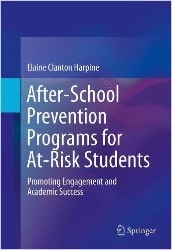|
According to a survey conducted by the Afterschool Alliance in 2014, 10.2 million children are enrolled in after-school programs; unfortunately, another 11.3 million children go home alone after school unsupervised. After-school programs can be very positive experiences. Unfortunately, many after-school programs are not. Many after-school programs are homework-based; they concentrate on helping children complete their homework. Homework has been proven ineffective in helping children improve academically (See my earlier post on this subject.). For the second year in a row our after-school, Reading Orienteering Club, has proven to be effective for helping children improve academically in reading. Last year, we had one student move up 4 grade levels in reading in one year, 3 students moved up 3 grade levels, and 8 students moved up 2 grade levels. This year, we had 2 students move up 4 grade levels in reading in one year, 3 students move up three grade levels in reading, and 5 move up two grade levels in reading. We do not work on school-assigned homework. We meet twice a week and teach vowel clustering. We reteach children how to read.
0 Comments
Leave a Reply. |
Elaine Clanton Harpine, Ph.D.Elaine is a program designer with many years of experience helping at-risk children learn to read. She earned a Ph.D. in Educational Psychology (Counseling) from the Univ. of Illinois at Urbana-Champaign. Categories |

 RSS Feed
RSS Feed
